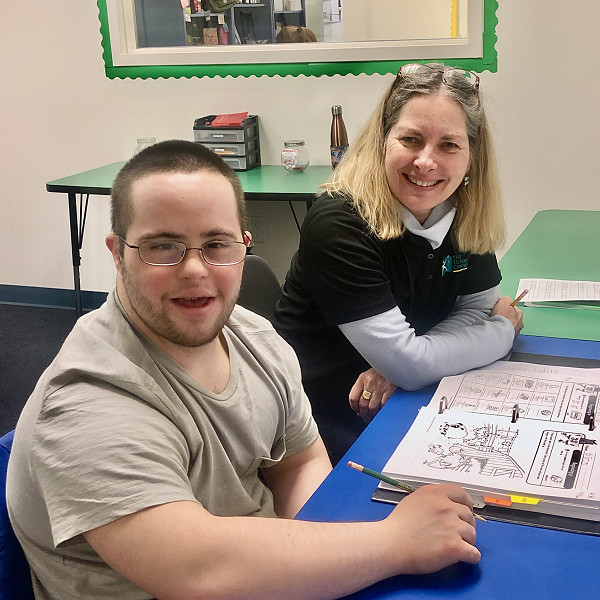Phonics tutors play an essential role in supporting children who face challenges in learning to read. Every child has a unique learning style and pace, and some may struggle with phonics due to various complexities, including learning disabilities, attention difficulties, or a lack of foundational skills. Here’s how a phonics tutor in Dubai can effectively assist complicated children in overcoming their reading challenges.
Help to build self-esteem
For children who struggle with reading, the experience can be discouraging and lead to a lack of confidence. Phonics tutors help to build self-esteem by creating a positive and supportive learning environment. They provide encouragement and celebrate small achievements, nurturing a growth mindset. As children begin to grasp phonics concepts and experience success, their confidence grows, making them more willing to engage with reading tasks.
Addressing learning differences
Many children face specific learning challenges, such as dyslexia or ADHD, which can complicate their reading development. Phonics tutors are trained to recognize these differences and can adapt their teaching strategies accordingly. For example, a child with dyslexia may benefit from multisensory learning techniques that engage different senses to reinforce phonics skills. By using tailored methods, tutors can effectively address the unique challenges faced by each child.
Using interactive materials
Phonics tutors often employ a variety of engaging and interactive materials to capture a child’s interest. This could include games, songs, visual aids, and hands-on activities that make learning phonics fun. By incorporating these materials, tutors can hold the attention of complicated learners who may otherwise struggle to stay focused. Making phonics enjoyable helps children remain motivated and eager to learn.
Developing critical thinking skills
A good phonics tutor encourages children to think critically about the words they read and write. By prompting students to analyze sounds and letters, tutors help them develop problem-solving skills. For instance, when faced with a new word, a tutor might guide the child to break it down into its individual sounds and think about similar words they already know. This analytical approach nurtures independence in learning and improves overall literacy skills.
Phonics tutors play an invaluable role in helping complicated children steer their reading challenges. Through individualized instruction, confidence-building techniques, adaptive teaching strategies, engaging materials, and critical thinking development, tutors provide the support necessary for these children to thrive. With the right guidance and encouragement, complicated learners can develop the phonics skills they need to become successful, confident readers.
